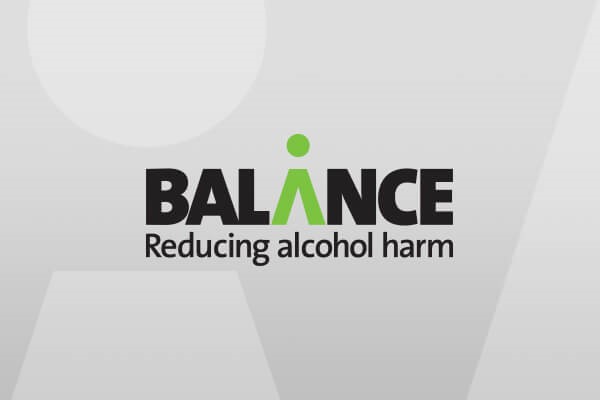People are challenged to “Try Dry” in January
One in 10 drinkers plan to go alcohol-free for Dry January 2020. And almost four in five (78%) Brits say they drink more than they want or intend to, according to a new online poll for Dry January.
It comes as Balance and local councils encourage friends, families and work colleagues to “try dry” this January and sign up for a Dry January.
The North East last year saw the highest rate of sign-ups for Dry January in the country and if one in 10 drinkers take part in 2020, that would mean around 195,000 people in the North East taking part.
People can download the Try Dry: the Dry January app to track their units, money and calories saved, plus many more features. Or they can sign up at dryjanuary.org.uk for regular support emails with tips and tricks from experts and others taking part.
People who take a month off the booze can look forward to feeling healthier, saving money, sleeping better and losing weight. Research shows that Dry January participants are still drinking less six months after the challenge.
In the North East around 26% of adults – around 550,000 people – are drinking above the Chief Medical Officer guideline of no more than 14 alcohol units a week to stay “low risk.”
Colin Shevills, Director of Balance, said: “It is far too easy for regular drinking to creep up and for it to turn into a daily habit. Many people are becoming more aware of the harms of alcohol as a cause of cancer and other diseases and want to reduce their risks. Regular drinking can also make us more tired, anxious and less productive.
“Taking some time out can have real positive effects on our health and how we feel. After the festive season, Dry January is a chance to give our bodies a chance to recover and to lose weight, feel more alert, get fitter and a chance to take back control of our relationship with alcohol.”
The new research, commissioned by Alcohol Change UK, the charity behind Dry January, shows that people of all ages drink more than they want to at some points in their life.
The reasons for drinking more than planned vary between age groups. Younger people are more likely to drink more than they wanted to because they feel it makes them more outgoing (over a third [36%] of people aged 18-24), while people of all ages find themselves drinking more than they want as a result of drinking in rounds (20% of people).
● Over one in five (23%) British adults feel pressured to drink more alcohol than they want to by people they know: mostly by friends (15%) and colleagues (6%).
● While fewer older people experience this ‘peer pressure’ it never disappears completely, with over one in ten (12%) of those aged 55 and over saying they experience pressure to drink from people including their friends, colleagues and family.
Dr Richard Piper, CEO of Alcohol Change UK, said: “There’s a perception that we leave peer pressure behind at school, but when it comes to alcohol this clearly isn’t the case. Many of us will have had the experience of being encouraged to drink more than we really want to – and pushing others to do the same, particularly at times like Christmas. Even when it’s not as explicit as pushing, little things like drinking in rounds can pile on the pressure to drink more.
“This research shows that lots of us are drinking in ways that we don’t feel comfortable with, but it can be tricky to know how to make a change. Signing up for Dry January is a brilliant place to start. Being alcohol-free for 31 days shows us we don’t need alcohol to have fun, to relax, to socialise, and Dry January offers a ready-made response to anyone who tries to pressure us to drink. Strong evidence tells us that signing up for Dry January helps people – even heavy drinkers – to drink more healthily all year round.”
The campaign helps people to drink more healthily year-round, according to independent research conducted by the University of Sussex.
Public Health England has endorsed Dry January.
If you drink very heavily or regularly Dry January may not be for you, so check with your GP or local alcohol service before you start. Where an individual is experiencing physical symptoms when they stop drinking (which may include but are not limited to: shakes, sweating, restlessness, insomnia, nausea, stomach cramps or hallucinations) they should seek medical help urgently.
